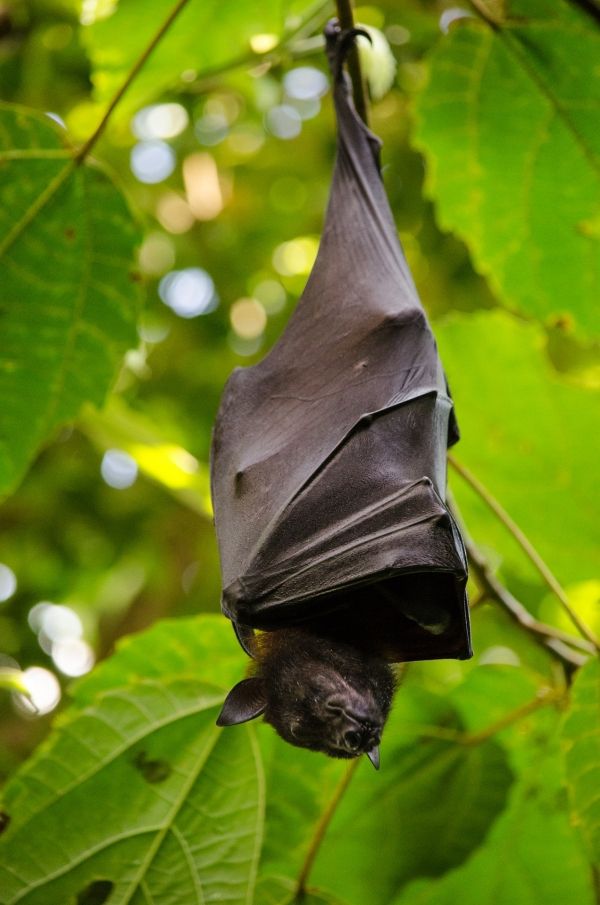Bats are often considered patient zero for many deadly viruses affecting humans, including Ebola, rabies, and, most recently, the SARS-CoV-2 strain of virus that causes coronavirus.
Although humans experience adverse symptoms when afflicted with these pathogens, bats are remarkably able to tolerate viruses, and, additionally, live much longer than similar-sized land mammals.
What are the secrets to their longevity and virus resistance?
According to researchers at the University of Rochester, bats’ longevity and capacity to tolerate viruses may stem from their ability to control inflammation, which is a hallmark of disease and aging. In a review article published in the journal Cell Metabolism, the researchers—including Rochester biology professors Vera Gorbunova and Andrei Seluanov—outline the mechanisms underlying bats’ unique abilities and how these mechanisms may hold clues to developing new treatments for diseases in humans.
Why are bats ‘immune’ to viruses?
The idea for the paper came about when Gorbunova and Seluanov, who are married, were in Singapore in March before COVID-19 travel bans began. When the virus started to spread and Singapore went into lockdown, they were quarantined at the home of their colleague Brian Kennedy, director of the Centre for Healthy Aging at the National University of Singapore and co-author of the paper.
Read more at University Of Rochester
Image by Andrea Bohl from Pixabay


